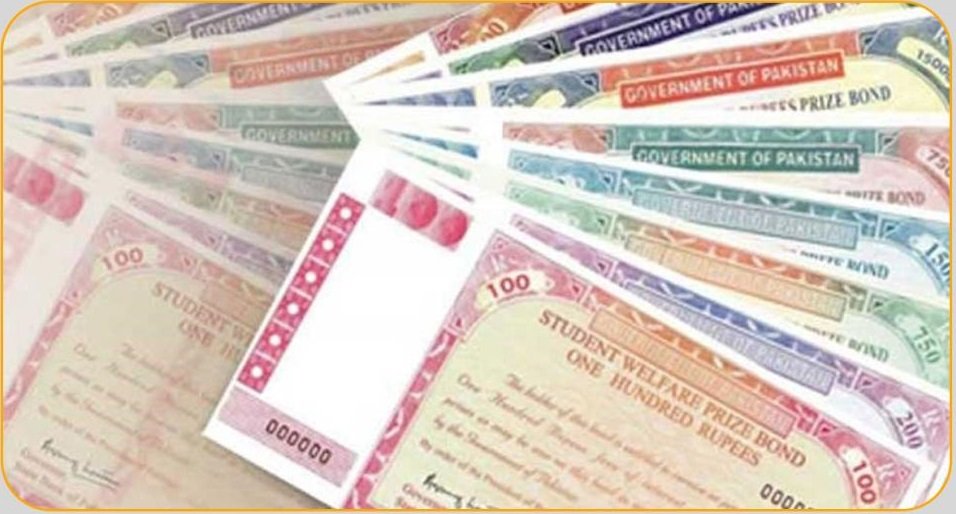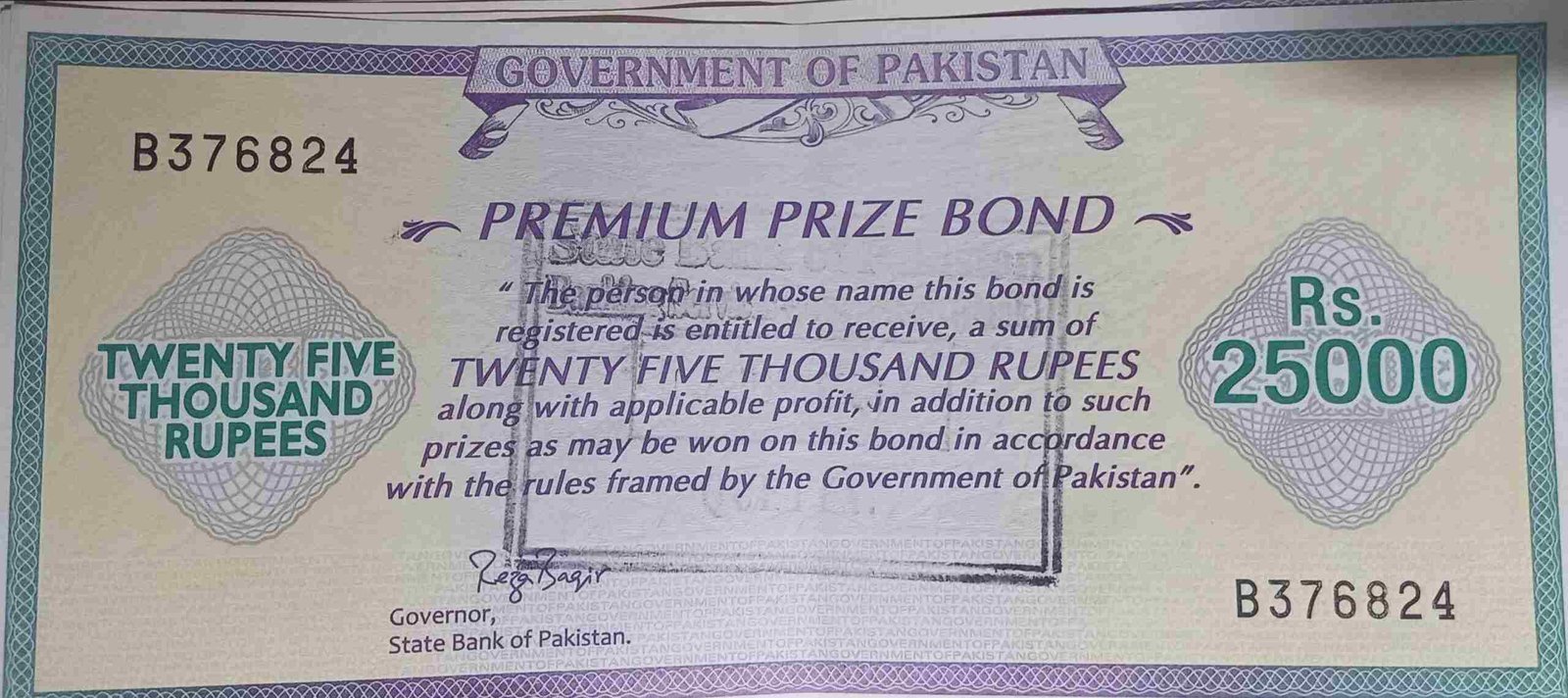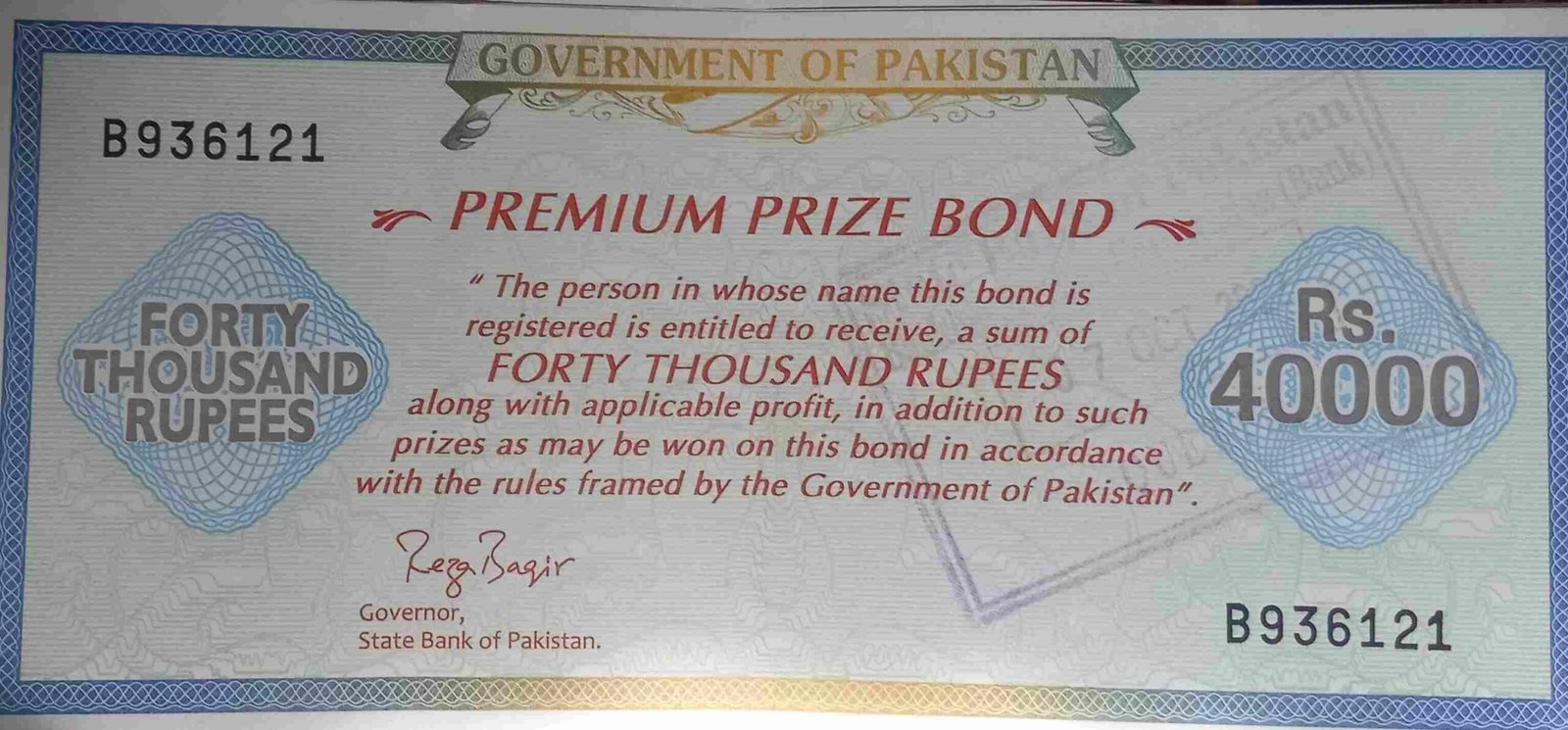In the dynamic realm of Islamic finance, the inquiry “Are Prize Bonds Halal?” intersects religion and investment, prompting Muslims globally to influence their financial paths according to Shariah law. This thorough manual delves into the nuanced domain of bonds within Islamic finance, clarifying the differences between Halal and Haram financial devices and facilitating a deeper understanding of Halal investing. Join us in this exploration, as we examine scholarly views, alternative Halal funding avenues, and the ethical concepts guiding Muslims in the direction of monetary decisions aligned with their spiritual beliefs.
Are Prize Bonds Halal?
The query of whether or not prize bonds are halal or no longer is a contentious trouble amongst Islamic students. Some argue that when you consider that prize bonds involve a form of playing, they may be now not permissible in Islam. Some argue that considering the prize bond holder’s risk of winning a prize with no guarantee of return, it is deemed halal.
The Concept of Prize Bonds

Prize bonds motivate people to save by giving them the chance to win cash prizes while also providing them with a secure place to keep their money. When a person buys a prize bond, the funding quantity is maintained by them, and the bond becomes eligible for periodic draws for coin prizes.
The Functionality of Prize Bonds
The prize bond holder enters a monthly or yearly draw, and if their bond number is selected, they acquire a monetary prize. The amount of the prize varies depending on the cost of the bond and the range of bonds within the draw. The bond itself does not accrue interest over time, but it does deliver the holder a risk to win a financial prize.
Must Read: What are Prize Bonds? Types, Benefits, and Tips for Beginners
Prize Bonds as a Government Initiative
Governments frequently difficulty prize bonds as a way to borrow cash from the general public. Instead of paying interest, the authorities will pay out prizes to bondholders. This may be visible as an opportunity technique of elevating finances without at once imposing taxes or charging hobbies.
Islamic Finance and Interest
In Islamic finance, the concept of interest also referred to as “riba”, is against the law. The notion that money should be earned through valid change and investment sports, rather than the exploitation of interest, totally forms the basis of this.
The Prohibition of Riba
According to the concepts of Islamic finance, any form of funding that includes the price or receipt of the hobby is taken into consideration haram (forbidden). This includes traditional savings accounts, fixed deposits, and bonds that offer an assured go-back. In law, the deeply ingrained ban on riba is viewed as unfair and exploitative.
The Concept of Profit and Loss Sharing
Islamic finance encourages a system of profit and loss sharing, where investors participate in both the gains and setbacks of a venture. This aligns with the standards of equity and justice, as all events have a vested hobby in the success or failure of the funding.
Gharar and Its Implications in Finance
In finance, forbidding uncertainty or ambiguity in dealings is the concept of Gharar. Financial tools involving uncertainty, like investments are prohibited to prevent unfair outcomes and financial system instability.
Are Premium Bonds Halal or Haram?

In 2016, the Islamic Finance Council UK issued a fatwa (spiritual ruling) on the problem of top-class bonds, a similar idea to prize bonds. The council stated that top-rate bonds are not compliant with the concepts of Islamic finance and are consequently taken into consideration haram.
The Nature of Random Draws in Prize Bonds
The council’s reasoning becomes that premium bonds are essentially a form of interest-based total funding, as the bondholder gets an assured return within the shape of a prize, irrespective of the performance of the underlying property. In Islam, we don’t accredit the random nature of the draw, as it resembles gambling.
Comparison with Traditional Interest-Based Bonds
When comparing prize bonds to conventional hobby-based total bonds, it’s far clear that each offer returns to the investor. However, the nature of the return in prize bonds is uncertain and relies upon a random draw, whereas traditional bonds pay a hard and fast rate of hobby.
The Element of Speculation in Prize Bonds
The speculative detail present in prize bonds is another element that Islamic pupils bear in mind when figuring out the halal popularity of such investments. In step with Islamic concepts, the assurance of the go-back isn’t guaranteed since it’s primarily based on risk, introducing a level of speculation.
Is Investing in Bonds Halal or Haram?
The Islamic angle on investing in bonds is that it is not permissible, because it includes the fee or receipt of the hobby. Some students argue that they should consider sukuk (Islamic bonds), which don’t offer a guaranteed return, as halal.
The Structure of Sukuk
Sukuk is an investment certificate that constitutes a proportion in the possession of an underlying asset. The return on sukuk is primarily based on the performance of the asset, as opposed to a predetermined hobby rate. They are based to conform with Islamic regulation, which prohibits riba.
The Asset-Backed Nature of Sukuk
Sukuk have a feature where they back assets. In active voice: “This implies that investors directly link the investment to an asset, which generates profits for them. In conventional bonds, investors typically derive returns from interest payments, in contrast to this.
Sukuk vs. Conventional Bonds
While traditional bonds are debt duties that promise to pay hobby, sukuk constitute partial ownership in an asset, challenge, or enterprise. Investors in sukuk percentage within the income and losses of the underlying asset, making it an extra equitable form of funding in comparison to conventional bonds.
Is Prize Bond Financially Halal?
There is a consensus among Islamic scholars that prize bonds do not align with the standards of Islamic finance, although opinions on their halal status may vary.
The Lack of Asset-Backing in Prize Bonds
Prize bonds are essentially a shape of interest-based investment, because the bondholder receives an assured return in the form of a prize, regardless of the performance of the underlying belongings. This goes in opposition to the Islamic principle of being profitable via valid alternate and investment activities.
The Role of Chance in Prize Bonds
The element of chance determining the winner of a prize bond draw introduces a feature of gambling, known as “maisir,” which is prohibited in Islamic terms. The prize does not meet the requirements of halal investment in Islamic finance because it is not linked to any entrepreneurial effort or asset performance.
The Ethical Considerations in Prize Bonds
Ethical issues also play a role in determining the halal fame of prize bonds. Islamic finance emphasizes the significance of moral and socially responsible investments, and prize bonds may not meet these criteria because of their speculative nature.
Are Premium Bond Prizes Halal or Haram?

As stated earlier, the idea of prize bonds is similar to that of top-rated bonds. Therefore, the ruling on top-class bonds also applies to the prizes obtained from top-rated bonds.
The Prize as a Form of Riba
Islamic students believe that the prizes from top-class bonds constitute a form of riba because they consider the prizes as a return on the bond that isn’t directly connected to alternate or investment in belongings. This interpretation would render the prizes haram.
The Lack of a Purchase Transaction
In Islamic finance, offering top-rate bond prizes without a purchase transaction taking place may appear as a contravention of the principle of truthful trade. This further complicates their permissibility.
The Impact of Prize Bond Prizes on Society
There is also a problem approximately the impact of prize bond prizes on society. Some argue that they can encourage a get-rich-quick mentality, which is at odds with the Islamic emphasis on hard work and sluggish wealth accumulation.
Alternatives to Prize Bonds in Islamic Finance
For those seeking out halal funding alternatives, there are options to prize bonds that are compliant with the standards of Islamic finance. These include:
Sukuk: Ethical and Asset-Backed Investments
As mentioned in advance, Sukuk are investment certificates that constitute a percentage in the possession of an underlying asset. They provide a go-back based on the performance of the asset, in place of a predetermined interest rate.
Islamic Mutual Funds: Diversified Halal Portfolios
Islamic ethical investment funds invest in halal assets, like shares and real estate. Distribute profits to investors based on their share in the fund. These funds follow principles and steer clear of investing in industries deemed haram, such, as alcohol, gambling, and tobacco.
Gold: A Traditional Form of Wealth Preservation
In Islamic finance, investors consider gold a secure investment because it is a tangible asset and does not involve the payment or receipt of interest. Gold’s inherent value has solidified its reputation as an asset, for generations.
Real Estate: Tangible Asset with Growth Potential
In Islamic finance, owning and trading physical assets make investing in the estate also considered an investment. Real property investments can provide condominium profits in addition to capability capital appreciation.
Waqf: Philanthropic and Sustainable Investing
In finance, waqf refers to a type of funding that involves setting aside a portion of one’s wealth, for philanthropic purposes while retaining ownership of the asset, for the community advantage.
Conclusion
The query of whether or not prize bonds are halal no longer remains a subject of discussion among Islamic pupils. However, prize bonds no longer align with the ideas of Islamic finance, as they contain the charge or receipt of interest. Those seeking halal investment alternatives can find options in Islamic finance, including sukuk, Islamic mutual funds, gold, and real estate. It is vital to discuss with a qualified Islamic pupil earlier than making any funding choices to ensure they are in keeping with the principles of Islamic finance.
FAQs
1. Is it halal to invest in bonds?
2. Why are bonds halal?
In Islamic finance, experts deem bonds Halal because they represent a form of partnership or investment rather than interest-based lending, adhering to Shariah principles of equity and risk-sharing.
3. Are prize bonds still valid in Pakistan?
Yes, prize bonds are nevertheless valid in Pakistan. The authorities regulate them as they continue to be a popular investment option.
4. Do prize bonds have interest?
No, prize bonds do not accrue interest. They are based differently, imparting the threat to win prizes through regular draws rather than generating hobbies like traditional bonds.
5. When did Prize Bonds start?
Prize Bonds began in Ireland in 1957, brought through the government as a manner to inspire saving and offer the chance to win cash prizes.




